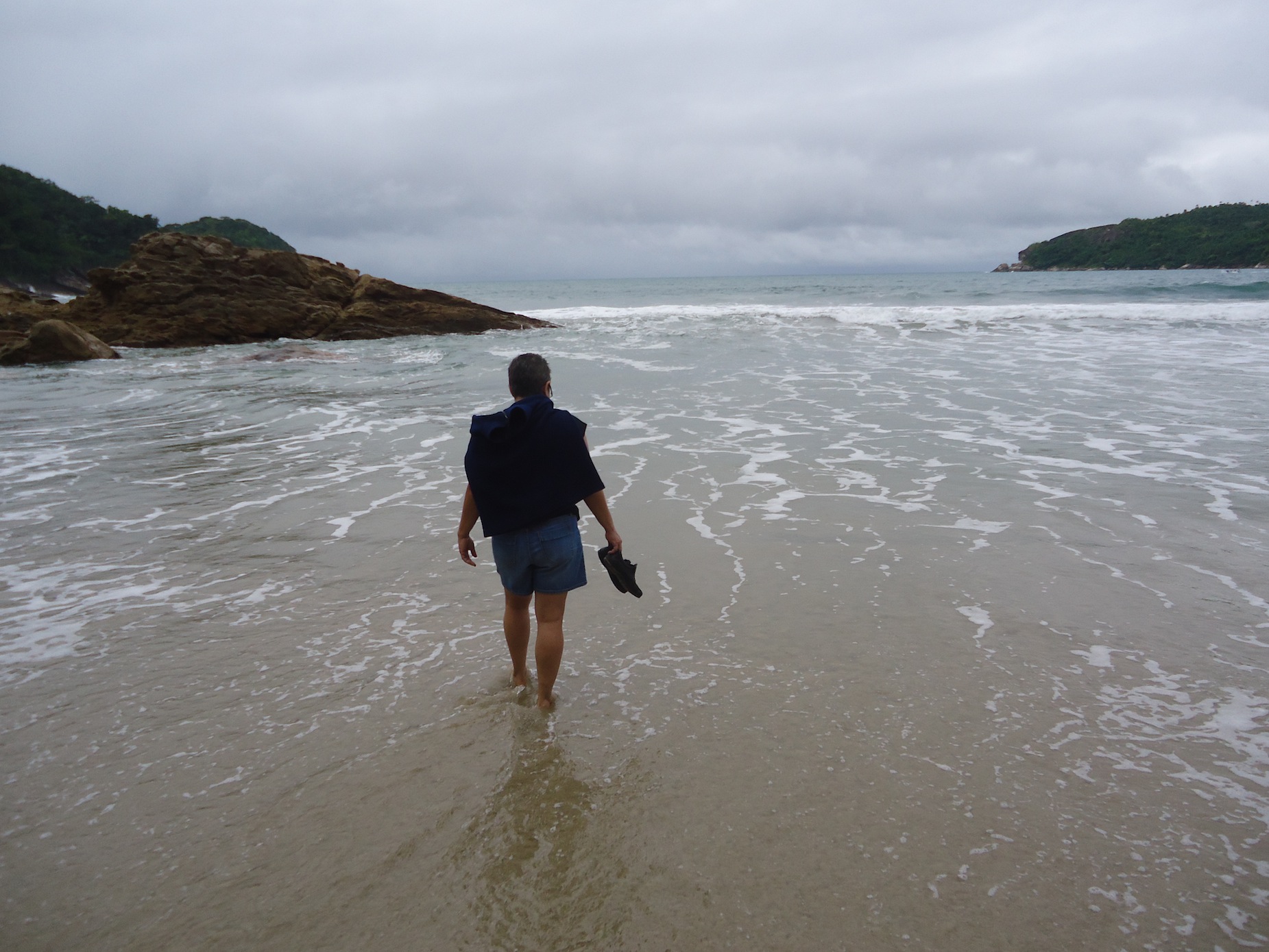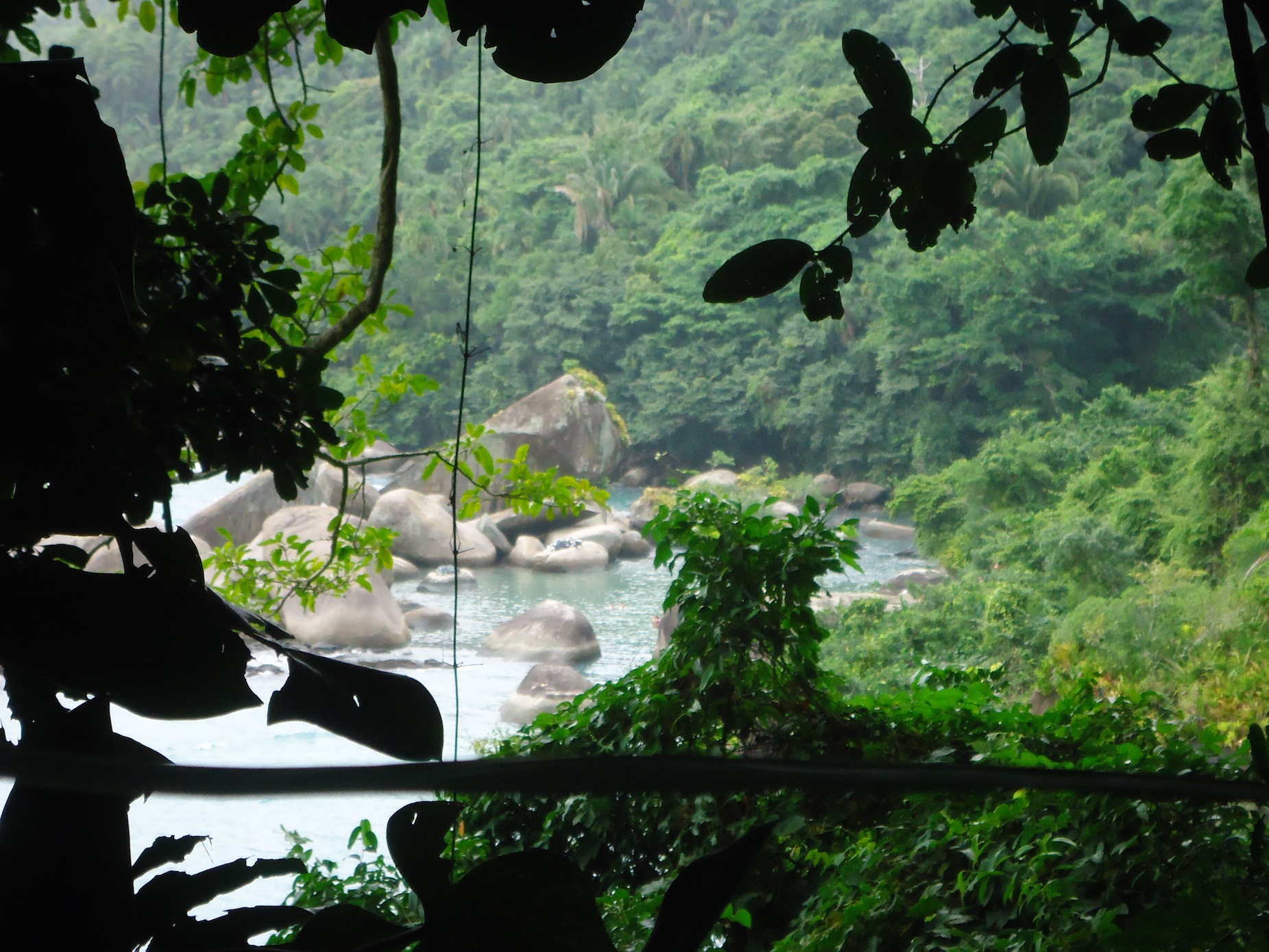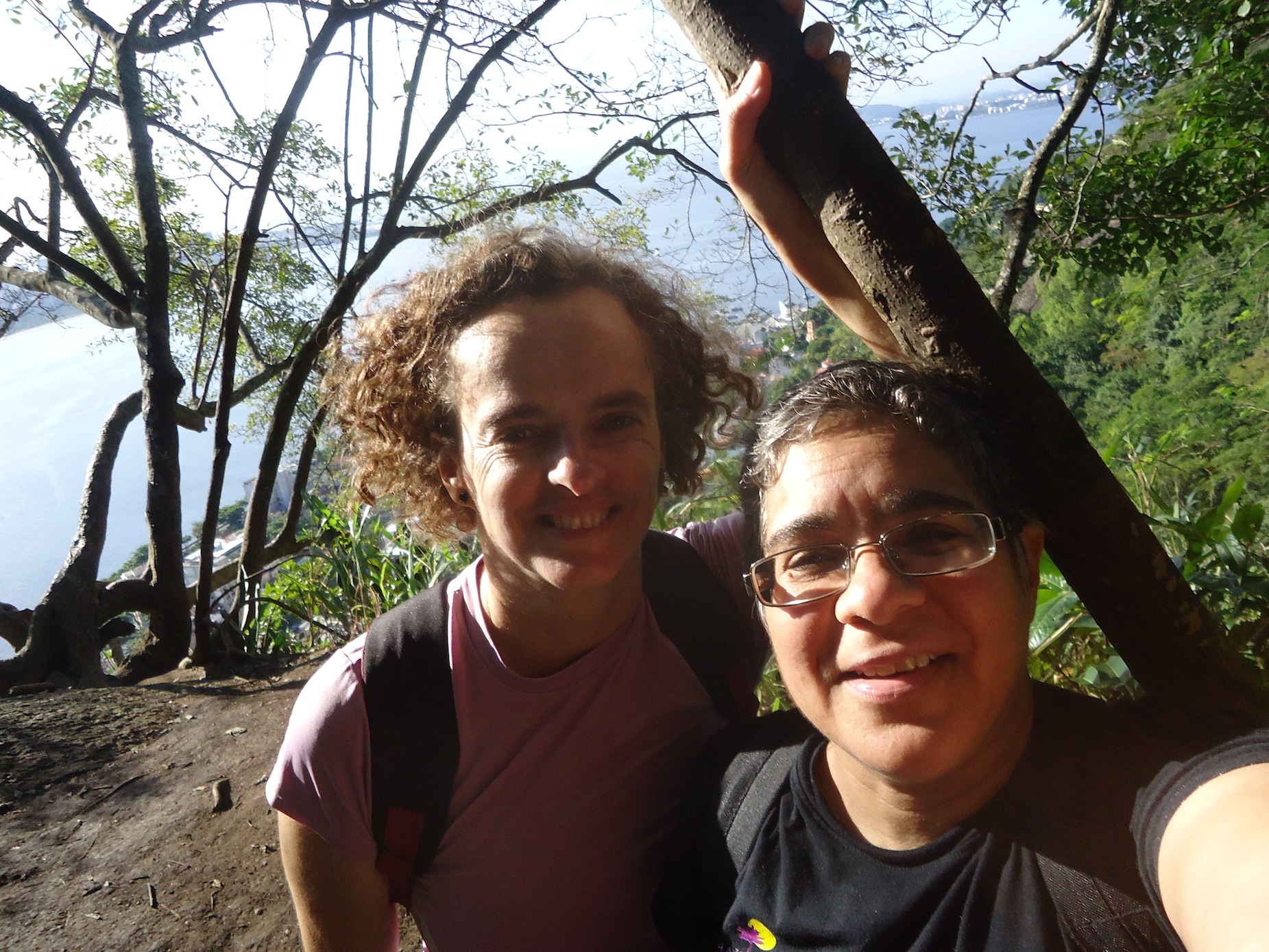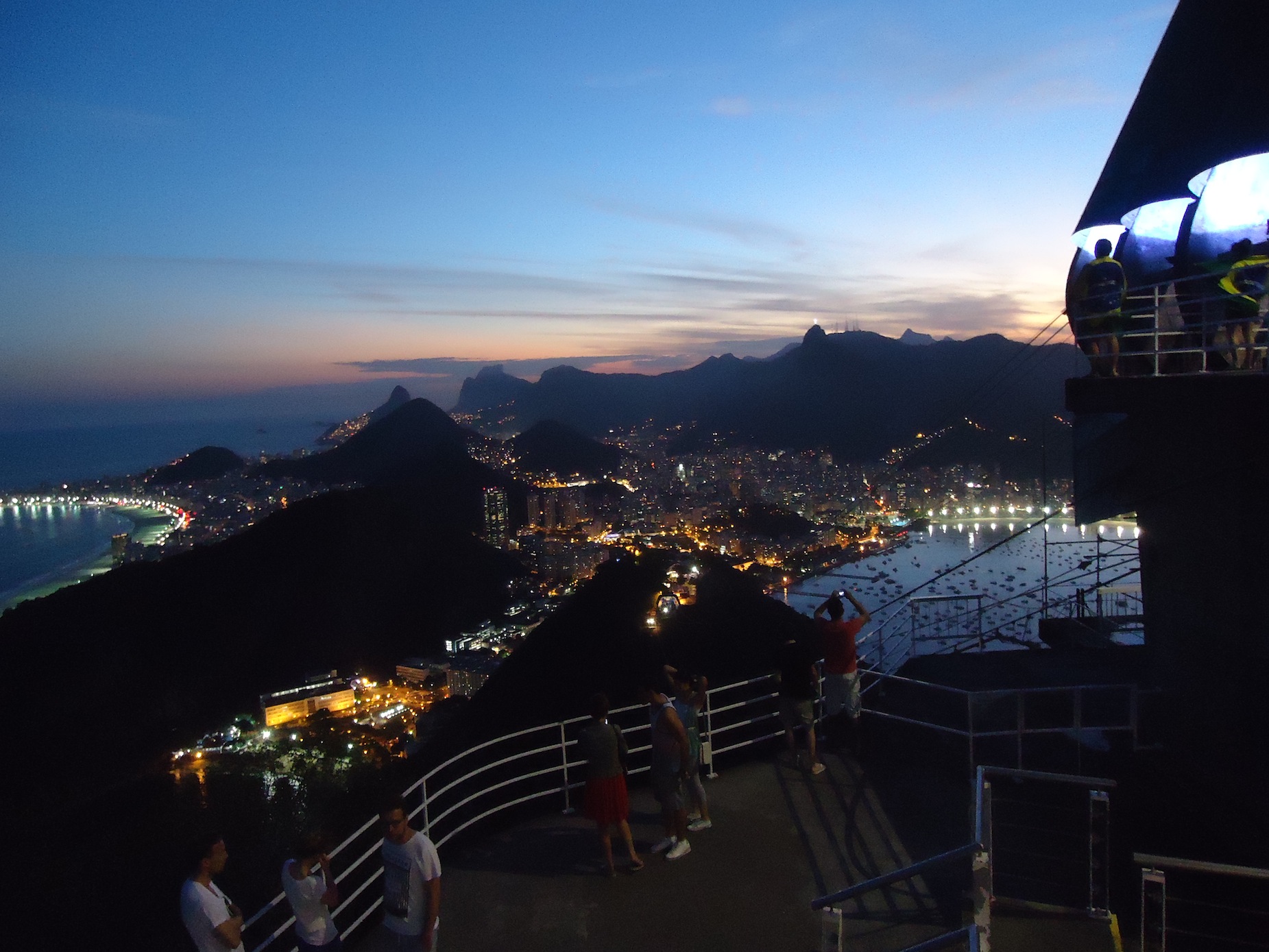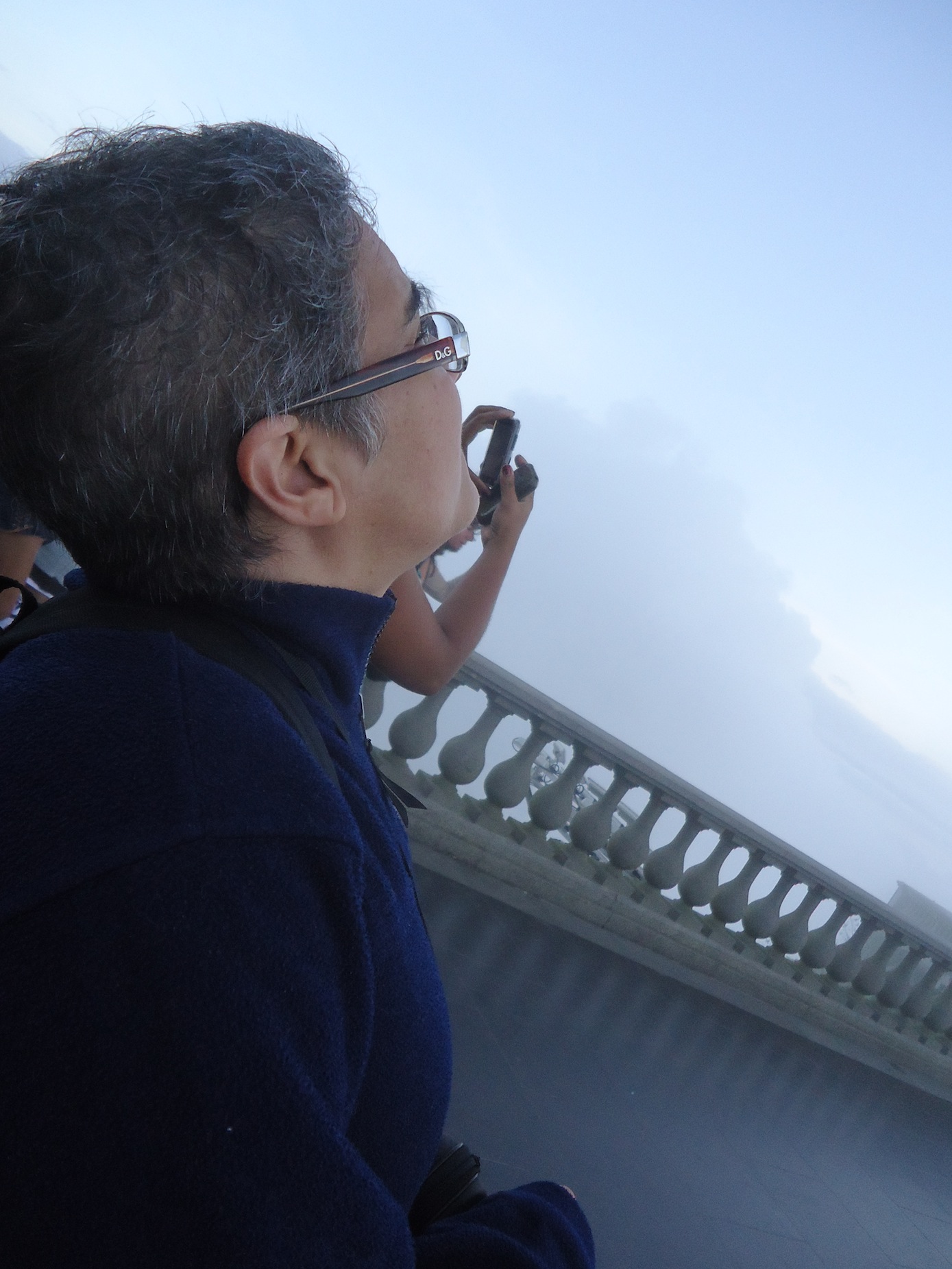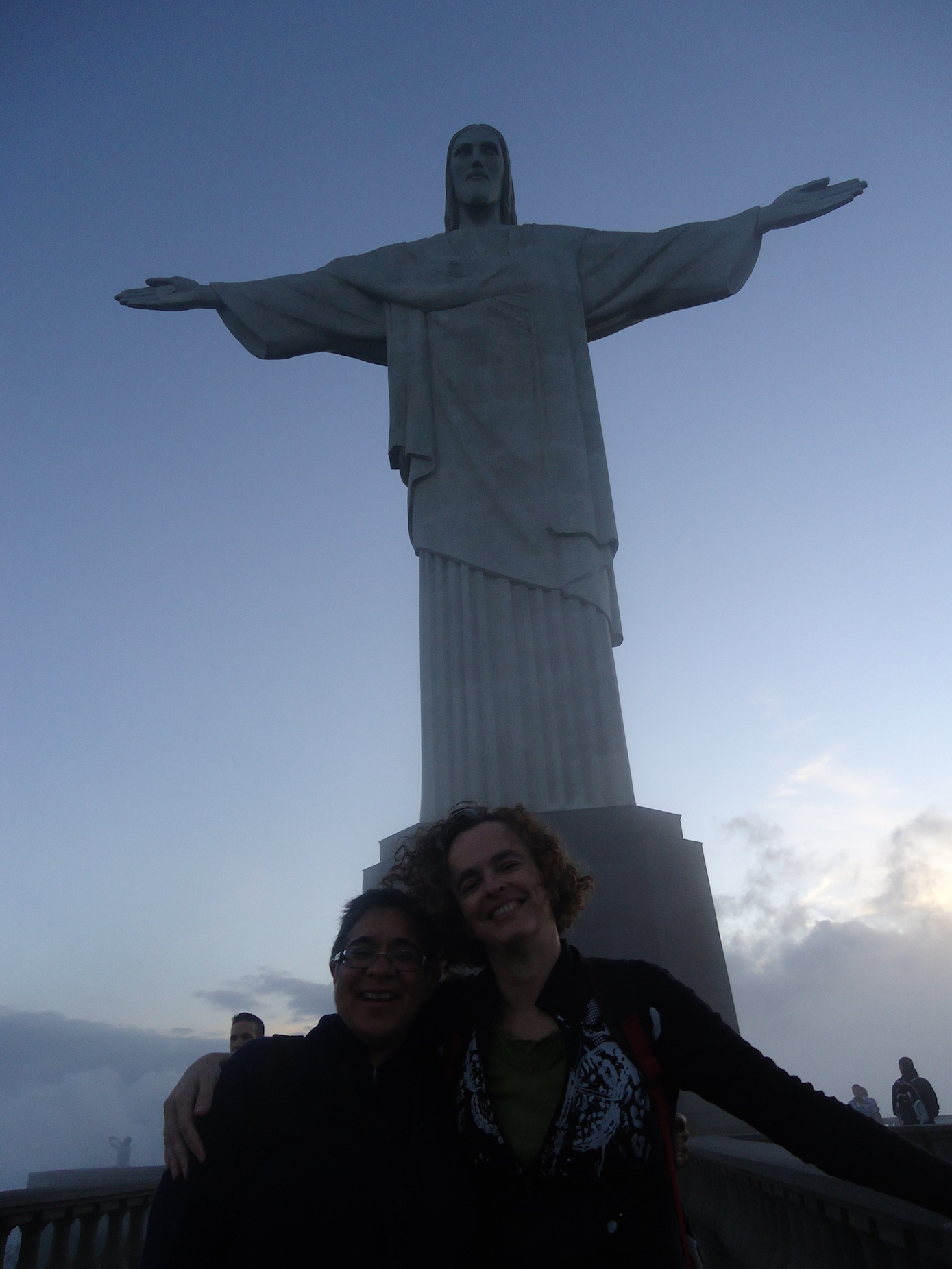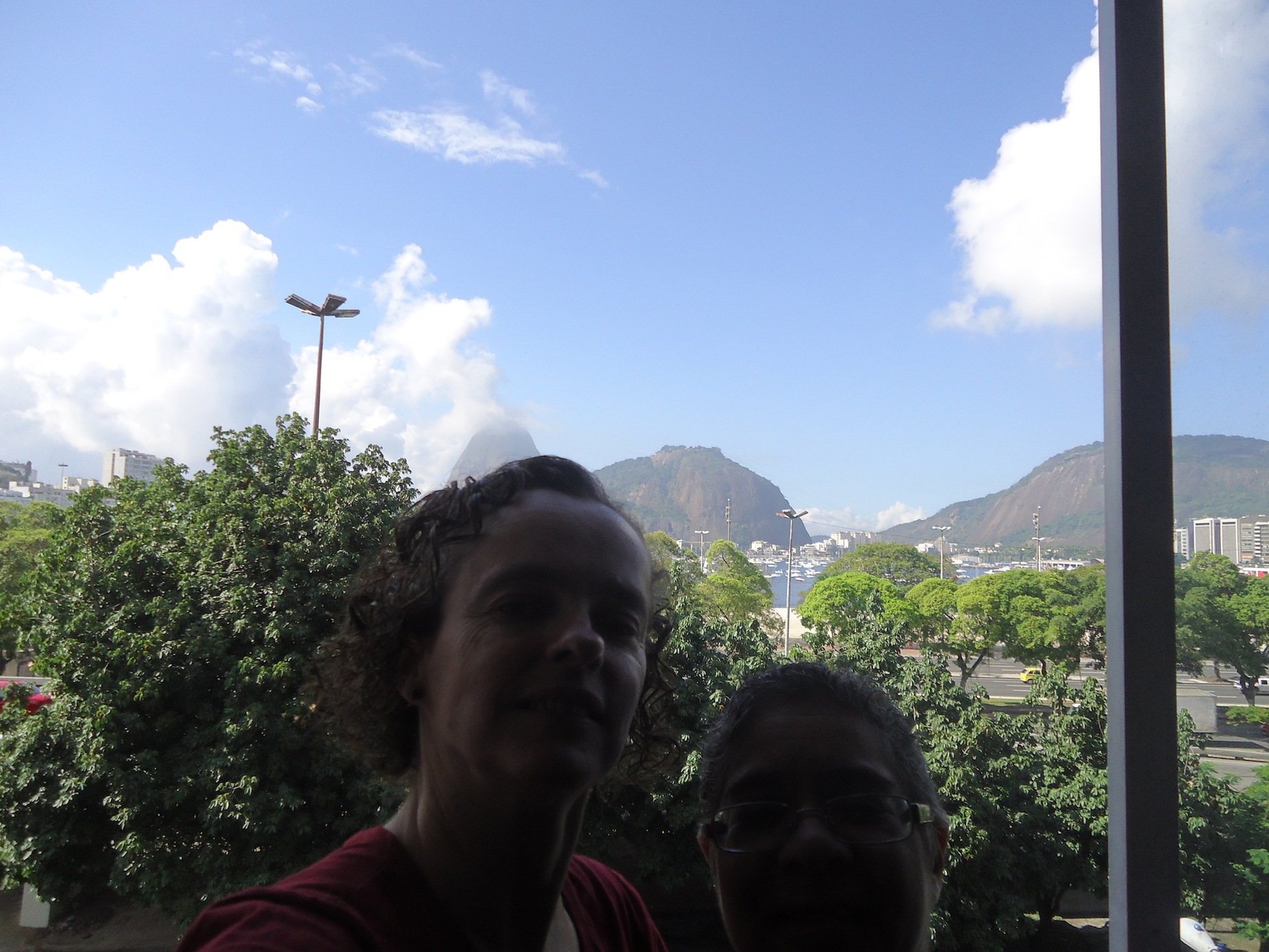Bush medicine and a morning stroll
For the past two days my body's been warning me: a cold is on its way. By last night it had ripened and turned into a stuffy, streaming mess, complete with long queues of sneezes and the inability to breathe. Philip kindly bought me some over-the-counter cold medicine, the kind that works wonders but that is inscribed with the direst warnings about what it will do to my liver if overused. It helped me eat dinner last night (between sneezes) and to sleep (no sneezing) but when it wore off sometime in the wee hours I lay in bed contemplating when I could take the next dose and doing math in my head. No more than ten pills a day, two pills every four hours ... it didn't add up. All my hours were not covered. So I thought, forget the cold relief, time for the cure.So when I got up, having made myself lie in bed longer than I was inclined to on the theory that bed rest is as good for a cold as medicine (I don't teach classes today, conveniently), I decided to go out into the neighbourhood in search of cerasee. We happen to live through a series of corners replete with old hedges and fences, the kind of environment that cerasee loves. The back wall of the house next to ours is topped with a fence that is green and orange with it. At least it is when I'm not sick. So I gathered up some kleenex, a plastic bag, a handkerchief (for when the tissue ran out), the dog leash and our old, arthritic dog, and off we set.Well, it seems that some kind of gardening had taken place next door; all the cerasee on the fence was dead. So while Anna the dog was sniffing the grass on the other side of the road (it's a LONG leash and a small road) I was peering around at the base of the wall to see if any cerasee had survived. The first batch I found was guarded by a large black and white spider, so I left it alone, but I found and harvested enough for the morning not far away. Then we walked to the end of the road, where I found another fence with a more abundant cerasee crop, made a note for tomorrow, and walked back. I have boiled it now with salt and lime, and am sitting, feeling my head clear. Anna the dog is sleeping. The walk was longer than was comfortable for her, so I gave her a painkiller pushed into a handful of cheddar cheese and she's looking less uncomfortable. The painkillers, which she's been taking since Saturday, have made her far more sprightly than she has been and she and I are inclined to do more exercise than is fully comfortable for her fourteen-year-old hip-dysplasic back legs. But the pills seem to do the trick.The people I live with, the people I am closest to, scoff at bush medicine. My mother never took it that I ever saw, and neither does my husband. Too bad for them. I have a cousin who theorizes that cold and cerasee can't share the same body. When the cerasee goes in, he says, you shudder from the bitterness. And when you shudder, the cold goes out.We'll see.
